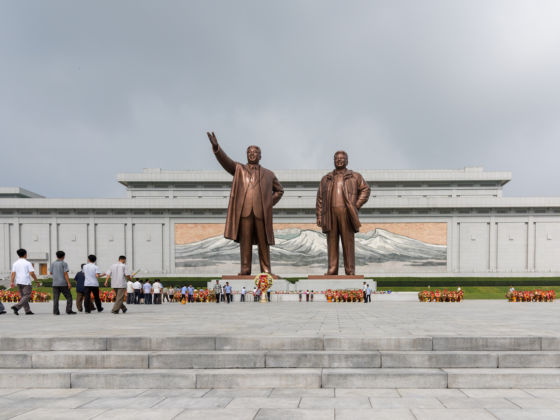Cuba. Syria. North Korea. Myanmar. China.
You’ve heard the names and the stories. Their governments are abhorred by the international community for being repressive, authoritative, and sometimes bloody.
They limit access to information, movement, and education. They limit the freedoms of their people and hoard the country’s wealth while their people suffer in poverty.
